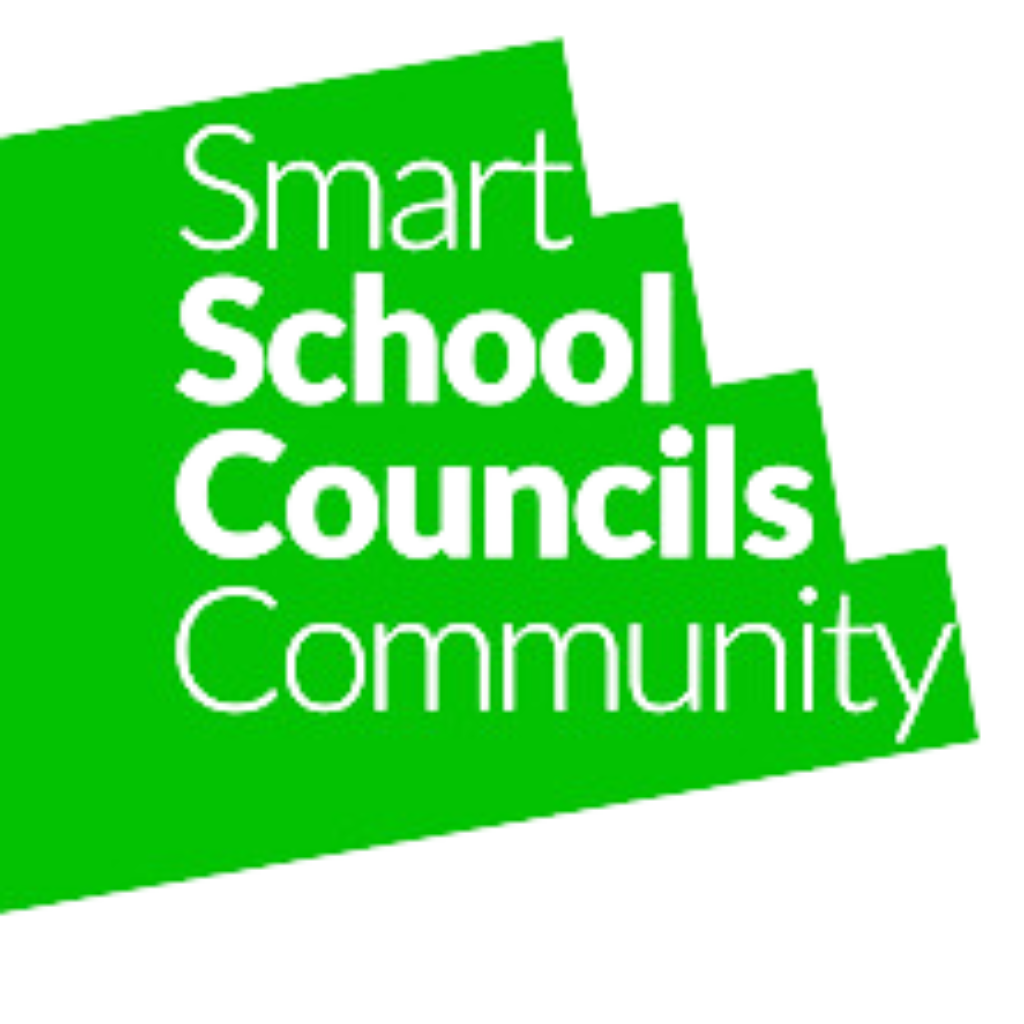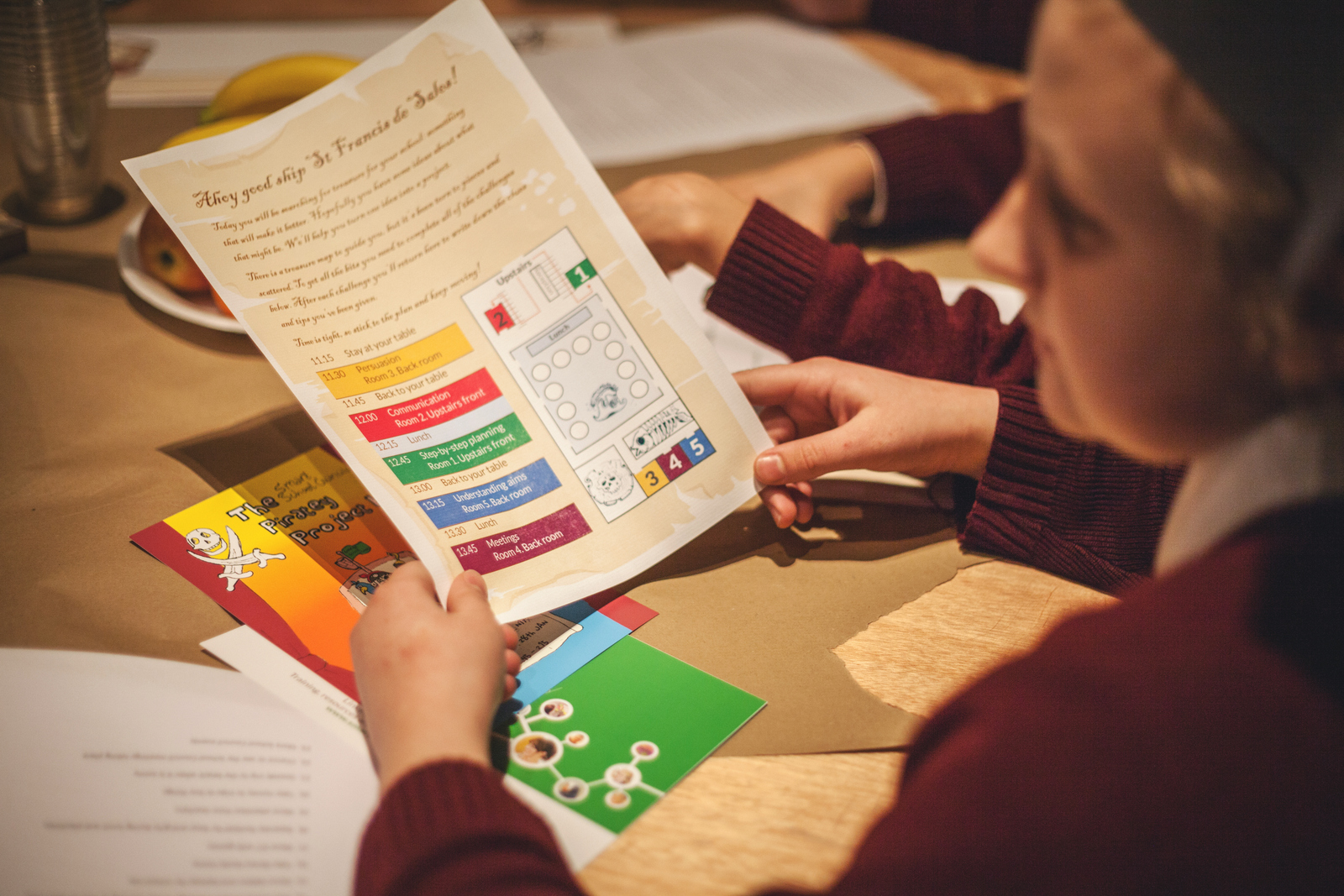Top five ideas to improve your school council
During the bustle of the working school day there are hundreds of thoughts competing for your attention.
Well, let us help you with one of those and give you some thoughts on how you can improve your school council to involve more students and make it easier to run!
1. Don’t rush straight into an election!
Don’t rush straight into your school council election; candidates might not know what they’re applying for, turnout might be low, and you will have missed a really good opportunity to improve your school council and engage more pupils.
So pause for a moment and consider the following questions!
2.Consider what your school wants pupils to learn by having a school council
This is a really useful starting point.
Why do you have a school council? What do you want your pupils to learn by having a school council in your primary or secondary school?
Take a moment to think about this. Think about the skills, values or experiences you’d like students to get out of having a school council in your school. It’s likely that you’re thinking of skills or values that you think of important, rather than issues of school improvement e.g ‘changing the behaviour policy’ or ‘improving school food’.
You might be thinking of answers like:
Empowerment and ability to make a change
Developing confidence and assertiveness
Taking responsibility
Making their voice heard
Learning about democracy
3. Think about who should learn these skills?
So you’ve thought of a short list of skills or attitudes that you’d like your students to learn by having a school council in your school. The next question is simple; who do you think should be able to learn these skills? Which students should be involved?
Hopefully this is an easy question to answer.
It should be ALL students who should benefit from learning these skills, rather than just a few.
4. Reflect honestly -how well does your current school council do this?
Think about how well your current school council achieves this. Is the learning that you’ve identified in question 1 developed in all students? Or is the learning accessible to a small group in your school?
In our experience of working with school councils for over ten years, the learning and skills development are often only accessible to a very small group of students. There might be a whole-school election at the start of the year, but after this:
The elected students tend to learn new skills and take part in opportunities. These are often the higher-attaining and more confident students.
A lack of structure or support means that they often struggle to represent everyone’s views regularly. Particularly in a large secondary schools.
Class council or tutor council meetings don’t usually take place regularly or universally. Even if time is given to this, the lack of support or consistency often means that class teachers or tutors struggle to know what to do.
5. So what should you do?
Having considered these questions, think about these ways to go beyond your traditional school council:
Discuss with other staff or SLT - why do you have a school council? And who should be involved?
Consider how you can improve class meetings, and give them a clear structure where every class or form discusses a single question. Perhaps at a certain time.
Encourage less 'doing' by the school council, and support them to engage other pupils in different groups. We call these groups Action Teams.
Set up a School Council Progress Board to show everyone what's going on. It's much more engaging than school council minutes being put up. Check out our other blog post to get started with your progress board.
Also, take a look at Smart School Councils...
We've put together a model which puts together these recommendations, and easily engage every pupil. It's based around structured, short pupil-led meetings. Find out more.


